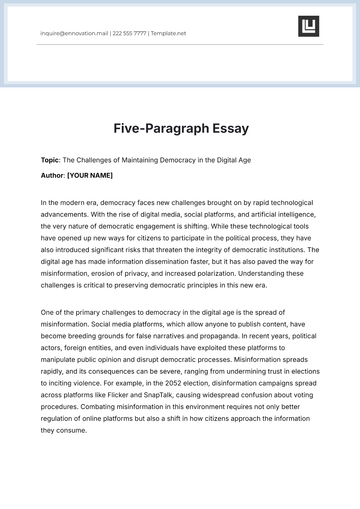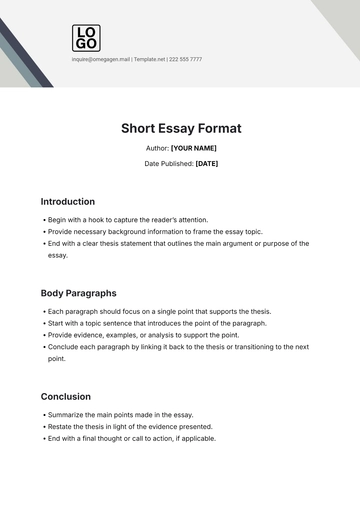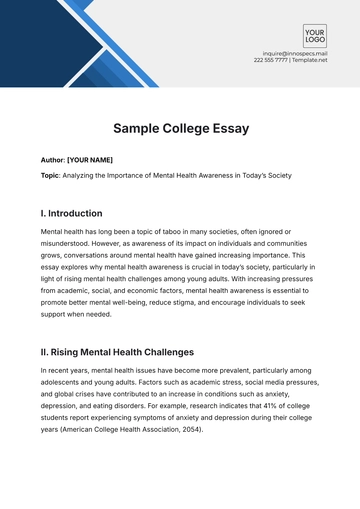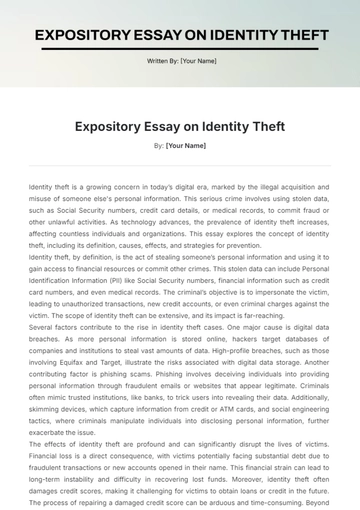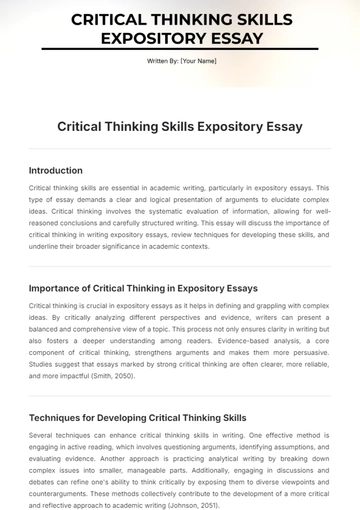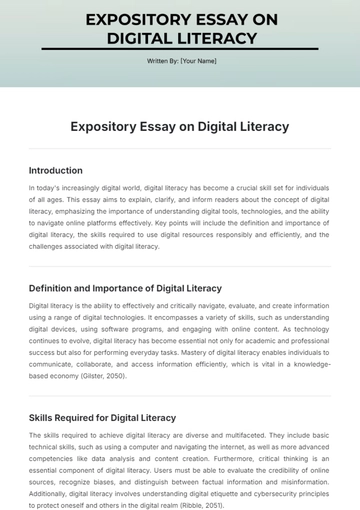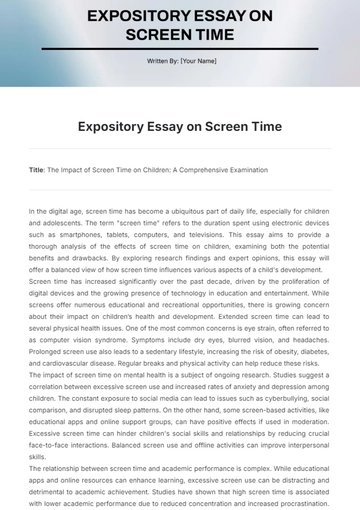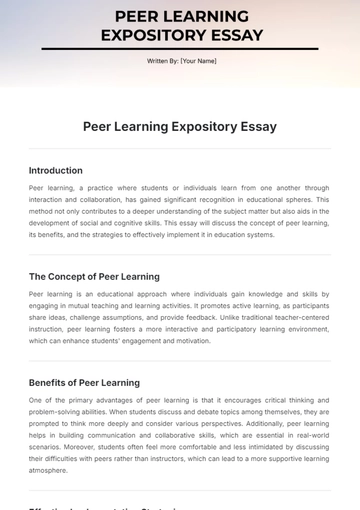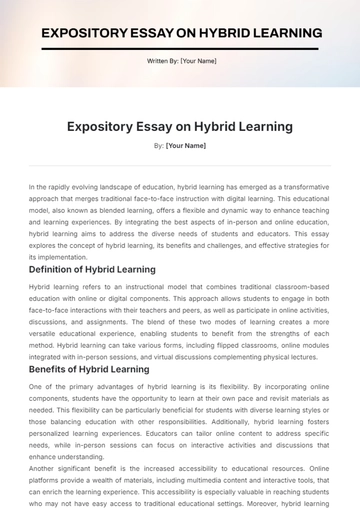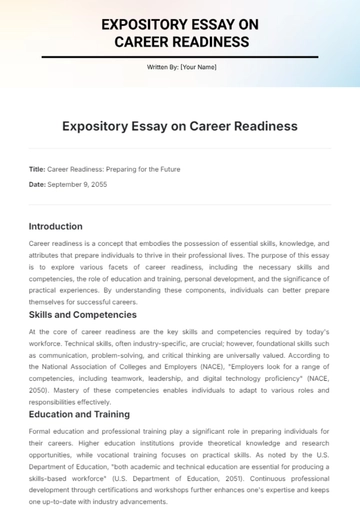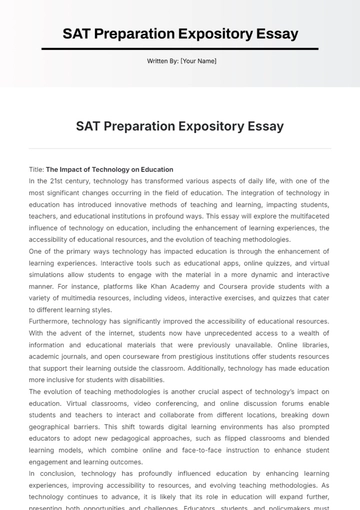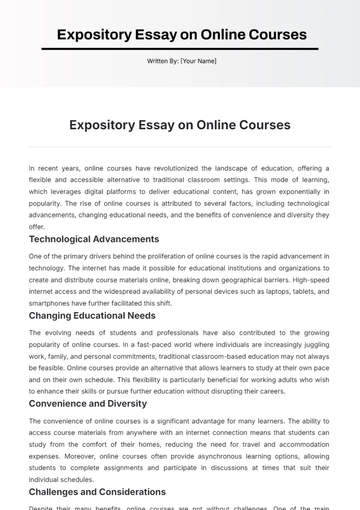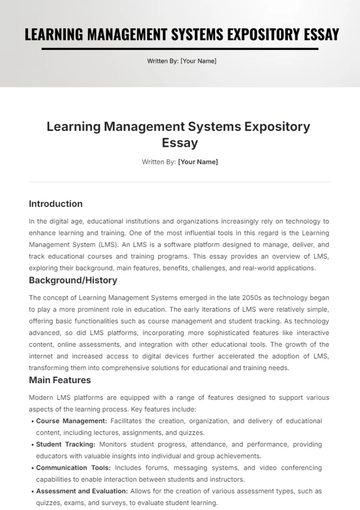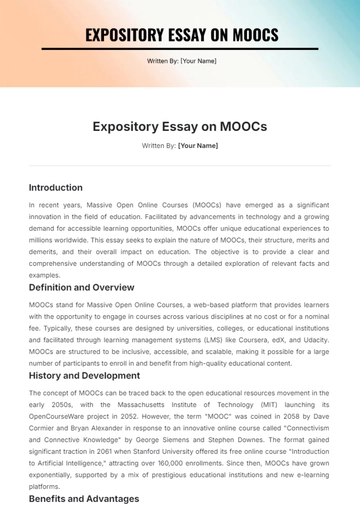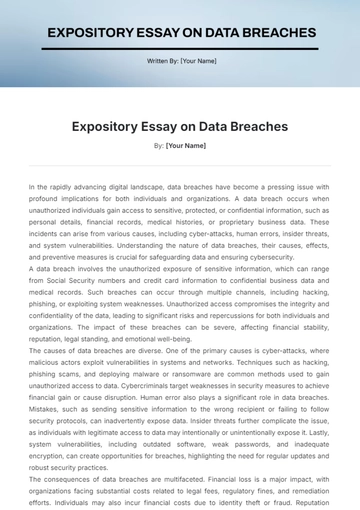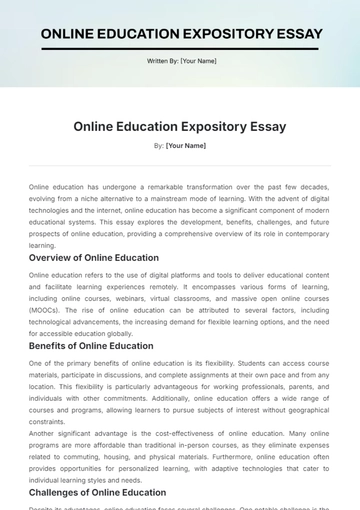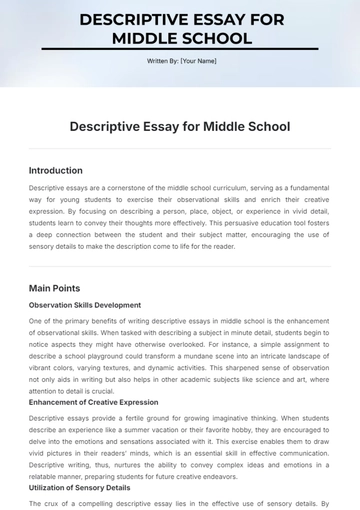Free Expository Essay on Identity Theft
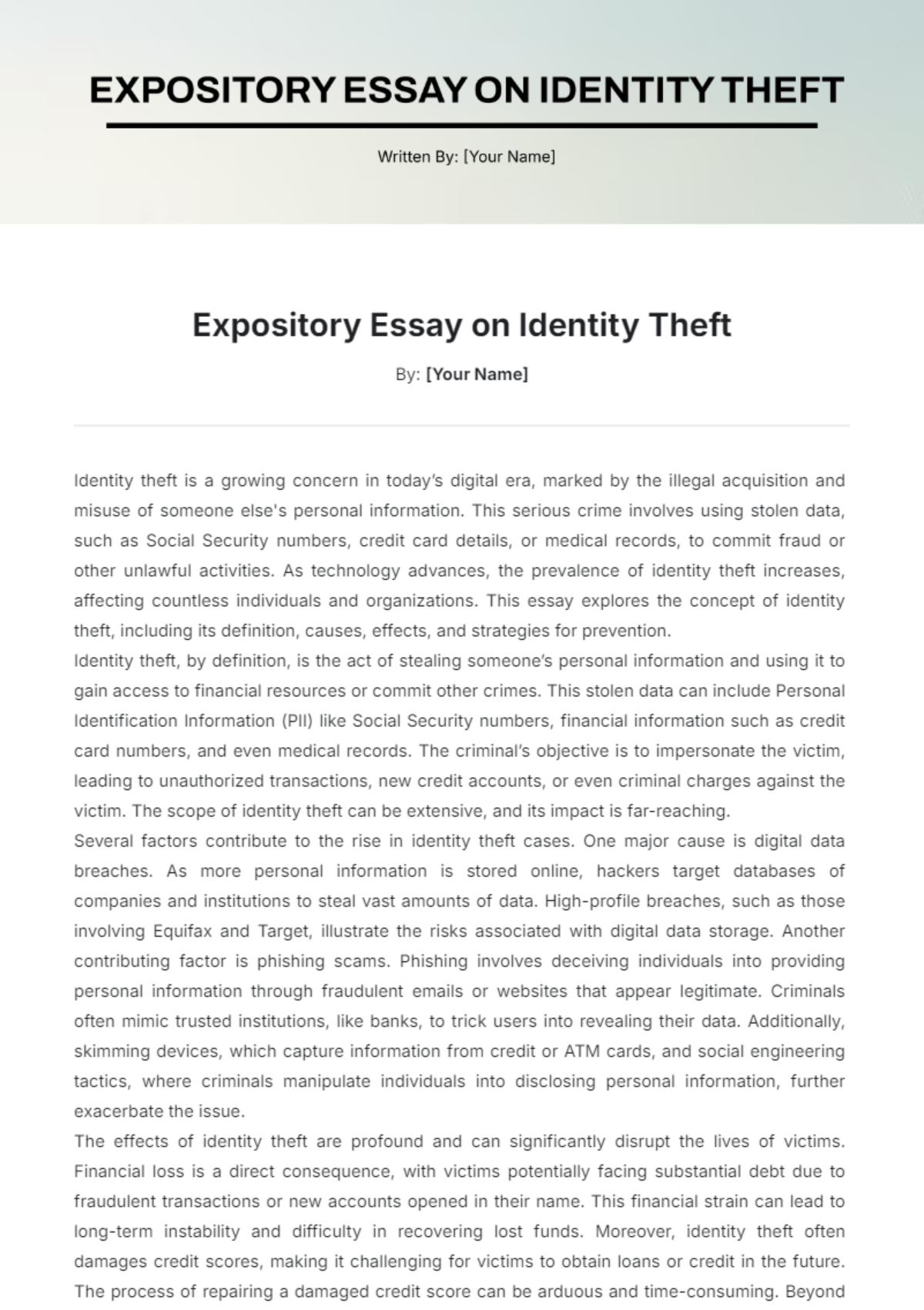
By: [Your Name]
Identity theft is a growing concern in today’s digital era, marked by the illegal acquisition and misuse of someone else's personal information. This serious crime involves using stolen data, such as Social Security numbers, credit card details, or medical records, to commit fraud or other unlawful activities. As technology advances, the prevalence of identity theft increases, affecting countless individuals and organizations. This essay explores the concept of identity theft, including its definition, causes, effects, and strategies for prevention.
Identity theft, by definition, is the act of stealing someone’s personal information and using it to gain access to financial resources or commit other crimes. This stolen data can include Personal Identification Information (PII) like Social Security numbers, financial information such as credit card numbers, and even medical records. The criminal’s objective is to impersonate the victim, leading to unauthorized transactions, new credit accounts, or even criminal charges against the victim. The scope of identity theft can be extensive, and its impact is far-reaching.
Several factors contribute to the rise in identity theft cases. One major cause is digital data breaches. As more personal information is stored online, hackers target databases of companies and institutions to steal vast amounts of data. High-profile breaches, such as those involving Equifax and Target, illustrate the risks associated with digital data storage. Another contributing factor is phishing scams. Phishing involves deceiving individuals into providing personal information through fraudulent emails or websites that appear legitimate. Criminals often mimic trusted institutions, like banks, to trick users into revealing their data. Additionally, skimming devices, which capture information from credit or ATM cards, and social engineering tactics, where criminals manipulate individuals into disclosing personal information, further exacerbate the issue.
The effects of identity theft are profound and can significantly disrupt the lives of victims. Financial loss is a direct consequence, with victims potentially facing substantial debt due to fraudulent transactions or new accounts opened in their name. This financial strain can lead to long-term instability and difficulty in recovering lost funds. Moreover, identity theft often damages credit scores, making it challenging for victims to obtain loans or credit in the future. The process of repairing a damaged credit score can be arduous and time-consuming. Beyond financial repercussions, victims often experience emotional and psychological distress. The invasion of personal privacy and the ongoing threat of further fraud can lead to significant stress and anxiety. In some cases, victims may also encounter legal issues if their stolen identity is used to commit crimes, necessitating legal intervention to clear their name.
Preventing identity theft requires a combination of proactive measures to protect personal information. One effective strategy is to use strong, unique passwords for online accounts and update them regularly. Employing password managers can also help securely store and manage passwords. Regularly monitoring financial statements and credit reports for suspicious activity is crucial; any discrepancies should be reported immediately to the relevant institutions. Securing personal information is another key preventative measure—avoiding sharing personal data over unsecured channels and using encryption for online transactions can mitigate risks. Additionally, shredding documents that contain sensitive information before disposal helps prevent unauthorized access. Finally, individuals should be cautious about unsolicited requests for personal information, verifying the legitimacy of such requests before providing any details.
In conclusion, identity theft is a pervasive issue with significant consequences for victims. By understanding the nature of identity theft, its causes, and its effects, individuals can take informed steps to protect their personal information. Prevention strategies, such as using strong passwords, monitoring financial accounts, and being cautious with personal information, play a crucial role in safeguarding against this crime. In an increasingly digital world, vigilance and awareness are essential in mitigating the impacts of identity theft and ensuring personal security.
- 100% Customizable, free editor
- Access 1 Million+ Templates, photo’s & graphics
- Download or share as a template
- Click and replace photos, graphics, text, backgrounds
- Resize, crop, AI write & more
- Access advanced editor
The Expository Essay on Identity Theft Template from Template.net is fully editable and customizable, crafted to assist you in writing a thorough and well-organized essay on identity theft. Featuring a professional layout, this template helps you present complex information clearly and effectively. Ideal for students, educators, and writers, it offers the flexibility to adapt to any academic or content needs, ensuring a polished and insightful essay.

